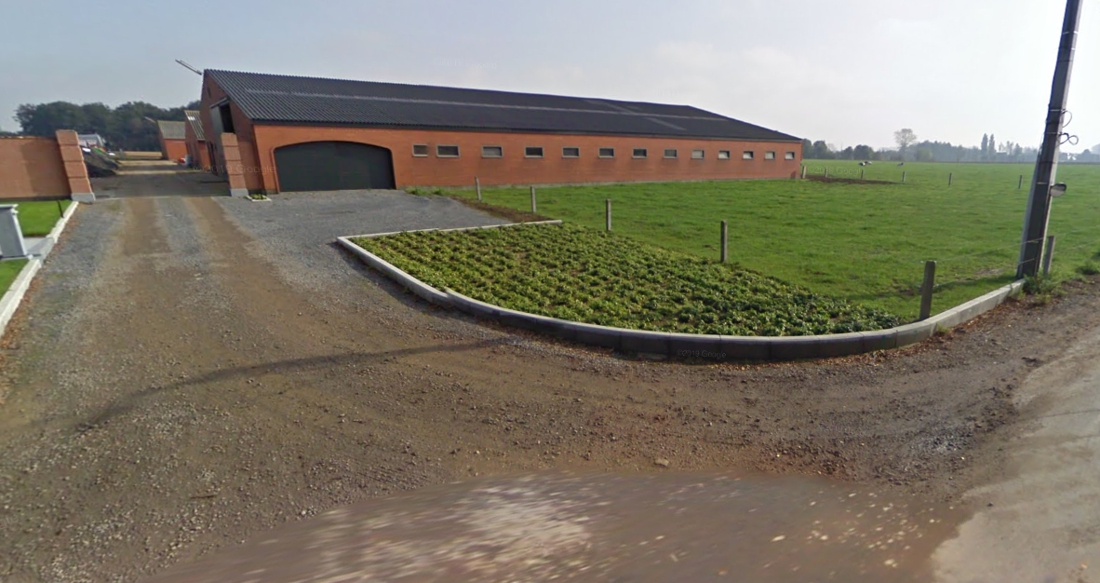–
–>
Mnchen – “We are not taking on more debts than already estimated,” said Markus Sder (CSU). In the spring, the state parliament authorized the state government to take out 20 billion euros in new loans. “In the long run we cannot just operate with debt and overwhelm the younger generation,” declared the Prime Minister. The goal is the early return to a balanced budget without new debts.
Billion loans
According to Finance Minister Albert Fracker (CSU), this year the financing of tax losses and Corona aid will require a good nine billion in loans. The remaining almost eleven billion euros from the authorization will be carried over into the 2021 budget year. Fracker assumes that this will be sufficient, since 2021 lower tax losses, positive economic growth and a weakening of the infection rate thanks to the availability of a vaccine are predicted. In addition, Fracker wants to take two billion from the government reserve of around eight billion euros to finance government spending. The ministries provide a further half a billion from unused household scraps. The corona loans are to be repaid with an average of one billion euros annually from 2024.
Overall, the draft budget for 2021 includes government expenditure of 70.2 billion euros. That is slightly above the level of the current year. Sder named investments in business and science, the rates of which will be increased by 18 and 10 percent, in the areas of families and children as well as in protecting the climate and species as key areas. Sder emphasized that there is no interference with social benefits such as family or care allowances. “We manage not to have to take anything away from anyone even in the crisis,” stressed Fracker. For Sder, the draft budget is a “solid signal of financial stability, but also of security in turbulent times”.
Economics Minister Hubert Aiwanger (Freie Whler) referred to the unchanged high investment quota of over 14 percent. One has to bet on the future, especially in uncertain times. As a state, one cannot “afford excessive caution”. Fracker added that “one must not save against the crisis, but must invest against the crisis”. The draft budget is an “economic stimulus package par excellence”. Sder said that one stood for “stability and departure”. “This is not a household that puts people under anesthesia, but one that keeps them awake.” Claudia Khler (Grne), on the other hand, spoke of a “reading glasses household without farsightedness”. Once again, it does not contain any noteworthy investments in climate protection and digitization. In the opinion of AfD parliamentary group leader Katrin Ebner-Steiner, the template is nothing more than a “toothless tiger”. Harald Gller (SPD), on the other hand, welcomed the path taken of crisis management in principle, but he called for a clearer orientation towards a socio-ecological modernization of the Free State.
Money for High-Tech Agenda
The state government’s draft budget envisages total expenditure of 70.2 billion euros for 2021. Up to 10.7 billion of these are to be financed through new borrowing. Due to the high-tech agenda, investment spending increases by one to 9.9 billion euros. The largest single item is education expenditure at 23.7 billion (+2.1). This includes 1,250 additional teaching positions, 150 more than originally planned. Health expenditures will rise significantly to around 5.7 billion euros. The services for the Bavarian municipalities remain at the previous year’s level at 10.3 billion euros.
2.85 billion euros (+0.26) have been budgeted for childcare funding. The aim is to create 73,500 additional daycare and 10,000 day care places. A good 150 million euros are being used to protect the climate and species. In addition, there are 74 million euros for the promotion of renewable energies. In response to current events, the state government is tripling the funds to fight African swine fever to 13 million euros. Among other things, the shooting bonus for wild boars will be increased from 20 to 70 euros. In the border area with the Czech Republic, it remains unchanged at 100 euros per animal killed.
–


